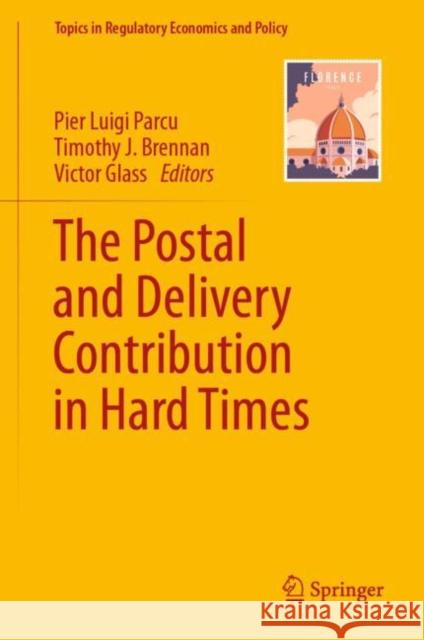The Postal and Delivery Contribution in Hard Times » książka
The Postal and Delivery Contribution in Hard Times
ISBN-13: 9783031114120 / Angielski / Twarda / 2023 / 342 str.
The Postal and Delivery Contribution in Hard Times
ISBN-13: 9783031114120 / Angielski / Twarda / 2023 / 342 str.
(netto: 651,74 VAT: 5%)
Najniższa cena z 30 dni: 655,41
ok. 16-18 dni roboczych.
Darmowa dostawa!
This book includes original essays by prominent researchers and practitioners in the field of postal and delivery economics, originally presented at the 29th Conference on Postal and Delivery Economics held online, September 1-3, 2021. The central focus of the book is the short and long-term impact of covid-19 pandemic on the sectors, both from the economic and regulatory perspectives. Other important topics include the unstoppable growth of e-commerce and the implications for delivery market; solutions for the “last mile”, and the associated challenges in terms of sustainability. Chapters also discuss traditional topics for postal and delivery sectors, such as the competitive dynamics in the sector, the business strategies of postal operators, as well as the definition and funding of the Universal Service Obligation. This book will be a useful tool not only for graduate students and professors interested in postal and regulatory economics, but also for postal administrations, consulting firms, and federal government departments.
This book includes original essays by prominent researchers and practitioners in the field of postal and delivery economics, originally presented at the 29th Conference on Postal and Delivery Economics held online, September 1-3, 2021. The central focus of the book is the short and long-term impact of covid-19 pandemic on the sectors, both from the economic and regulatory perspectives. Other important topics include the unstoppable growth of e-commerce and the implications for delivery market; solutions for the “last mile”, and the associated challenges in terms of sustainability. Chapters also discuss traditional topics for postal and delivery sectors, such as the competitive dynamics in the sector, the business strategies of postal operators, as well as the definition and funding of the Universal Service Obligation. This book will be a useful tool not only for graduate students and professors interested in postal and regulatory economics, but also for postal administrations, consulting firms, and federal government departments.











